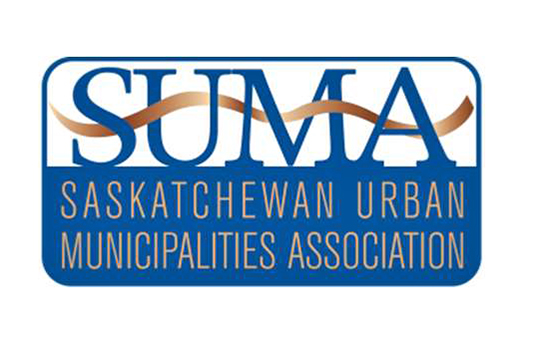The Saskatchewan Urban Municipalities Association (SUMA) held a press conference on Monday to highlight their concern that Bill 62 is tearing up binding contracts with communities across the province to provide them with promised royalties after historically helping establish a provincial power system.
The SaskParty government eliminated grants-in-lieu from SaskPower and SaskEnergy during their March 22 provincial budget, originally cutting $36 million in payments to a number of municipalities. Back on March 31, the province capped the grants-in-lieu reductions at no more than 30 per cent of their revenue sharing amount.
However, SUMA is arguing the changes proposed by the province in Bill 64 are overlooking the history of these agreements.
Mike Strachan, SUMA’s Vice-President – Villages, Resort Villages, and Northern Municipalities, notes the locations receiving these grants-in-lieu were not receiving payments by chance, but rather those were the communities who invested in creating a utility company when SaskPower bought them out when created a provincial power grid.
“These hometowns have legal agreements with SaskPower. Those agreements cover not only the initial payment for capital investment and regional distribution rights, but also a guarantee that SaskPower and any subsidiary would pay royalties in perpetuity on all future sales of power,” Strachan said during the press conference.
“Because these hometowns were giving up their utility company and the ongoing revenue those utilities brought in, the Crown Corporation promised to pay these hometowns a small share of what they sold, forever. So you see the payments to 109 hometowns were not unfair, but what is unfair is that they will have those payments taken away.”
“This Bill will permanently strip 109 hometowns of the rights to this revenue,” explained SUMA Chief Executive Officer
Laurent Mougeot. “What is worse, Bill 64 strips away the legal right to defend those agreements before the court, or to be compensated for the loss of revenues.”
After the grants-in-lieu were eliminated in the budget, the province suggested municipalities utilize reserves to make up that funding shortfall.
Gull Lake Mayor Blake Campbell was one of two Southern mayors attending Monday’s press conference to highlight the impact of this cut to their communities.
“My town is facing the loss of $26,000 every year thanks to cutting payments in lieu. Now we’re being told to use our reserves to make up that loss. But this budget isn’t the only consideration in Gull Lake. Our unallocated reserves could quickly be used up after a local hotel burned down, and converting our landfill to a transfer station,” Campbell explained.
“So what happens when the reserves are gone? Payments in lieu are gone. They’re not coming back. So we’ll find ourselves in the same place, making the same difficult decisions.”
“These cuts are hurting Gull Lake. And Bill 64 means we can’t even challenge that in court.”
Gravelbourg Mayor Dan Lamarre shared there has been an equally disruptive impact in his community.
“Losing these payments is a big hit for Gravelbourg,” Lamarre said. “We’ve already been paying for the cost of services for our residents and all kinds of infrastructure, from sewer systems to sidewalks. We really need every penny in our budget, no matter where it comes from, because we don’t have many ways to bring in revenues. A funding gap of this size forces us to decide if we’re going to delay projects, cut services, or raise property taxes. And this is to fix a shortfall we didn’t create.”
Mougeot said that SUMA has been advocating the importance of the government’s need to consult with communities regarding changes.
“Instead of taking the time to work with hometowns to find equitable solutions, the provincial government made changes they didn’t fully understand. Now they’re trying to change the rules instead of playing by them.”
“Bill 64 is essentially the provincial government’s way of ripping up 109 contracts that have duly negotiated between urban municipalities, hometowns and the SaskPower Corporation. This bill effectively strips hometowns of royalties they are legally entitled to in perpetuity, and it denies their legal right to defend themselves before a court of law,” he said.
SUMA’s legislated mandate as an association is to protect the collective interests of SUMA members, so Mougeot is concerned by the impact of the powers given to the government in Bill 64.
“The bill sets a concerning precedent. If this is what we are losing in 2017, what next? The budget isn’t balanced yet, of course we’re concerned what might happen in 2018 and 2019.”





